Trauma-Informed Care:
Understanding and Addressing Complex Trauma Across the Life-Cycle
Sponsored by the University of Miami Miller School of Medicine Department of Psychiatry and Behavioral Sciences.
Monday – Friday
9:00 a.m. – 12:15 p.m. EST
This course is offered in-person only.
Trauma disrupts essential social systems of care, protection, and meaning, leading to significant disempowerment and disconnection. Effective recovery requires a focus on empowering survivors and restoring their relationships. This seminar will delve into the long-term impacts of chronic and repeated trauma, identifying the intricate symptoms commonly seen in individuals with traumatic backgrounds. We will cover principles for building a collaborative therapeutic alliance and outline a staged approach for treating trauma survivors.
This seminar offers an in-depth examination of trauma’s intersection with pressing issues such as HIV/AIDS, domestic abuse, disaster trauma, childhood experiences, and professional burnout. Participants will acquire advanced knowledge and practical skills for implementing trauma-informed care in diverse settings.
Participants will be encouraged to discuss their own experiences working with traumatized patients. Interactive formats, including small group discussions, Q&A, and didactic lectures, will be incorporated.
Upon completion of this activity, participants will be able to:
- Describe the pathophysiology of trauma and stressor-related disorders, as well as their pharmacological treatment;
- Recognize signs and symptoms of complex posttraumatic stress disorder;
- Review the implications of neuroscience research for the assessment and treatment of traumatized individuals;
- Examine the destructive impact of trauma on social support systems and the psychological symptoms associated with prolonged and repeated trauma;
- Identify strategies for empowering survivors and rebuilding their relationships as part of the recovery process;
- Discuss principles for creating effective therapeutic alliances and a structured approach to trauma treatment;
- Delve into trauma’s effects in diverse contexts, including human trafficking, HIV/AIDS, domestic abuse, disaster trauma, childhood trauma, and professional burnout;
- Identify strategies for personal and professional support to manage vicarious traumatization;
- Assess the complementary roles of biological treatments, individual and group psychotherapy, self-help, and social action in recovery.
| Monday, February 24, 2025 |
|
| 8:30 am – 9:00 am |
Registration |
| 9:00 a.m. – 10:15 a.m. |
Principles of Trauma and Stressor-Related Disorders; Pathophysiology of acute stress reactions, PTSD, and prolonged grief; Core principles of the stress-diathesis model and how to identify at-risk individuals. Q & A |
| 10:15 a.m. – 10:30 am |
Coffee Break |
| 10:30 a.m. – 12:15 p.m. |
Principles of the Psychopharmacology of Trauma and Stressor-Related Disorders: Limitations and Opportunities for Improvement; Core Components of Evidence-Based Treatment Algorithms; Approaches to Acute and Maintenance Treatment. Q&A. |
| Tuesday, February 25, 2025 |
|
| 9:00 a.m. – 10:15 a.m. |
Principles of Disaster Behavioral Health; Disaster Risk and Psychological Vulnerability; Stress First Aid: Core Components of an Evidence-based Peer Support Intervention; Mental Health and Psychosocial Support Interventions in Disasters. Q & A |
| 10:15 a.m. – 10:30 a.m. |
Coffee Break |
| 10:30 am – 12:15 pm |
Continue: Principles of Disaster Behavioral Health; Disaster Risk and Psychological Vulnerability; Stress First Aid: Core Components of an Evidence-based Peer Support Intervention; Mental Health and Psychosocial Support Interventions in Disasters. Q & A |
| Wednesday, February 26, 2025 |
|
| 9:00am – 10:15am | Trauma Informed Care: An Overview of Trauma in Disaster; Signs and Symptoms; Importance of Early Intervention; Immediate Psychological First Aid (PFA); Core Principles; Components of PFA; When and How to Administer PFA; Trauma-Focused Cognitive Behavioral Therapy (TF-CBT); Suitability and Implementation; Group Therapy and Support Groups; Therapeutic Group Models; Advantages of Group Therapy in Disaster Recovery—community-Based Interventions |
| 10:15am – 10:30am | Coffee Break |
| 10:30am – 12:15pm | Long-Term Recovery and Rehabilitation: Continuous Monitoring and Follow-up; Building Resilience and Post-Traumatic Growth; Challenges and Ethical Considerations Self-Care; Conclusion: Summary, multi-tiered and integrated approaches. Long-term commitment is needed; Q & A. |
| Thursday, February 27, 2025 |
|
| 9:00 am – 10:15 am |
Breaking Chains, Healing Wounds: Navigating the Intersection of Domestic Violence and Trauma; Dynamics of Domestic Violence and Trauma. |
| 10:15 am – 10:30 am |
Coffee Break |
| 10:30 am – 12:15 pm |
Trauma-Informed Responses to Domestic Violence: Screening and Assessment for Trauma in Domestic Violence Survivors; Safety Planning and Trauma-Informed Interventions; Collaboration with Legal and Social Services for Comprehensive Support. Q & A |
|
Friday,
|
|
| 9:00am – 10:15am | Resilience in Adversity: Exploring the Nexus of HIV/AIDS and Trauma; Intersection of HIV/AIDS and Trauma; Understanding the Trauma Associated with HIV/AIDS Diagnosis; Stigma, Discrimination, and Traumatic Experiences; Impact of Trauma on Treatment Adherence and Health Outcomes. |
| 10:15am – 10:30am | Coffee Break |
| 10:30 am – 12:15pm | Trauma-informed care for Individuals Living with HIV/AIDS; Integrating Trauma-Informed Practices into Healthcare Settings; Addressing Trauma as Part of HIV/AIDS Care Plans; Building Resilience and Coping Strategies; Q & A. |
| 12:15 pm |
Course Adjourn |
SEMINAR FORMAT
Meets Monday-Friday: 9:00 am- 12:15 pm.
Please note coffee is available during registration and a continental breakfast will be served at 10:15 am daily.
SPECIAL REQUESTS
If special arrangements are required for an individual with a disability to attend this conference, contact Kim Miele at psychcme@med.miami.edu at least 15 days prior to the conference.
TUITION
Physician, Nurse Practitioner, and Other Health Professional fees:
Early bird pricing is $995; after 12/16/24, registration fee is $1,095.
Residents, Fellows in Training, and Full-time Student fees are $695.
The fee for taking a second week is $750—and the processing fee (non-refundable) is $10. Registration by credit card (Visa, MasterCard, or American Express) or check can be made through the University of Miami secure registration system.
REFUND POLICY
Refunds, less an administrative fee of $100, will be issued for all cancellations received two weeks prior to the start of the course. Refund requests must be received by email. No refund will be issued should cancellation occur less than two weeks prior. “No shows” are subject to the full course fee, and no refunds will be issued once the conference has started.
ONLINE INFORMATION
To register or view activity information online, visit: https://secure.touchnet.net:443/C20708_ustores/web/product_detail.jsp?PRODUCTID=971&SINGLESTORE=true
ELECTRONIC SYLLABUS
We provide all attendees with completely free access to all slide presentations in digital PDF format before the conference. This is an environmentally friendly alternative that helps lower costs for all attendees. The e-syllabus will be available for 30 days after the conference. You can purchase a printed copy at the time of online registration for $55.
Please note we will not have hard copies of the syllabus available for purchase at the conference.
WEEK-LONG SEMINARS
Meets Monday-Friday: 9:00 a.m.- 12:15 p.m.
Please note coffee is available during registration, and a continental breakfast will be served at 10:15 a.m. daily.
PHYSICIAN CREDIT
University of Miami Leonard M. Miller School of Medicine is accredited by the ACCME to provide continuing medical education for physicians.
The University of Miami Leonard M. Miller School of Medicine designates these live activities for a maximum of 15 AMA PRA Category 1 Credits™. Physicians should claim only the credit commensurate with the extent of their participation in the activity.
The Royal College of Physicians and Surgeons of Canada recognizes conferences and workshops held outside of Canada that are developed by a university, academy, hospital, specialty society or college as accredited group learning activities.
Through an agreement between the American Medical Association and the European Union of Medical Specialists, physicians may convert AMA PRA Category 1 Credit™ to an equivalent number of European CME Credits® (ECMECs®). Information on the process of converting AMA PRA Category 1 Credits™ to ECMECs® can be found at: www.eaccme.eu.
PSYCHOLOGISTS
The University of Miami Leonard M. Miller School of Medicine is approved by the American Psychological Association (APA) to sponsor continuing education for psychologists. The University of Miami Leonard M. Miller School of Medicine maintains responsibility for this program and its content. 15.00 CE credits will be awarded to psychologists for attendance at these seminars.
NURSE PRACTITIONERS AND REGISTERED NURSES
These activities have been submitted to ANA Massachusetts for approval to award contact hours. ANA Massachusetts is accredited as an approver of continuing nursing education by the American Nurses Credentialing Center’s Commission on Accreditation. For more information regarding contact hours, please email psychcme@med.miami.edu
- Psychopharmacology: A Master Class, Charles B. Nemeroff, MD, PhD
- The Aging Brain: Navigation Cognition, Mental Health and Psychopharmacological Treatment
Elizabeth Crocco MD, Rosie Curiel, PsyD, Philip Harvey, PhD and David Lowenstein, PhD - Clinical Psychopharmacology: Beyond Conventional Wisdom, Nassir Ghaemi, MD, MPH, and Luca Pani, MD
- Effective Strategies for the Management of Alcohol and Substance Use Disorders, David Martinez, MD, Dhruti Patel, MD, and Roger Weiss, MD
All other winter seminars meet the specifications of the Board of Registration in Nursing (244 CMR).
Social Workers
Application for social work continuing education credit has been submitted. Please contact Kim Miele at psychcme@med.miami.edu with any questions.
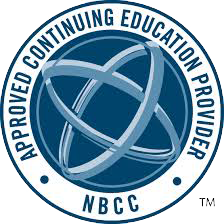
National Board of Certified Counselors
University of Miami Miller School of Medicine Department of Psychiatry and Behavioral Sciences has been approved by NBCC as an Approved Continuing Education Provider, ACEP No. 7482. Programs that do not qualify for NBCC credit are clearly identified. University of Miami Miller School of Medicine Department of Psychiatry and Behavioral Sciences is solely responsible for all aspects of the programs.
INQUIRIES
By phone at 941-932-2671, Monday-Friday, 9 A.M. to 4 P.M. (EST), or by email at psychcme@med.miami.edu
DISCLOSURE AND CONFLICT OF INTEREST MITIGATION
The University of Miami Leonard M. Miller School of Medicine has assessed conflict of interest with its faculty, authors, editors, and any individuals who were in a position to control the content of this CME activity. Any identified relevant conflicts of interest have been mitigated.
The University of Miami Leonard M. Miller School of Medicine planners, content reviewers, and editorial staff disclose no relationships with ineligible entities. All the relevant financial relationships for these individuals have been mitigated.
ABMS/ACGME COMPETENCIES
All seminars are designed to meet the following American Board of Medical Specialties (ABMS)/ Accreditation Council for Graduate Medical Educational (ACGME) competencies:
- Patient Care and Procedural Skills
- Medical Knowledge
- Practice-based Learning and Improvement
- Interpersonal and Communication Skills
TARGET AUDIENCE
The winter seminars are a series of seminars for health professionals in psychiatry, psychology, neurology, medicine, surgery, geriatrics, pediatrics, nursing, social work, and counseling.
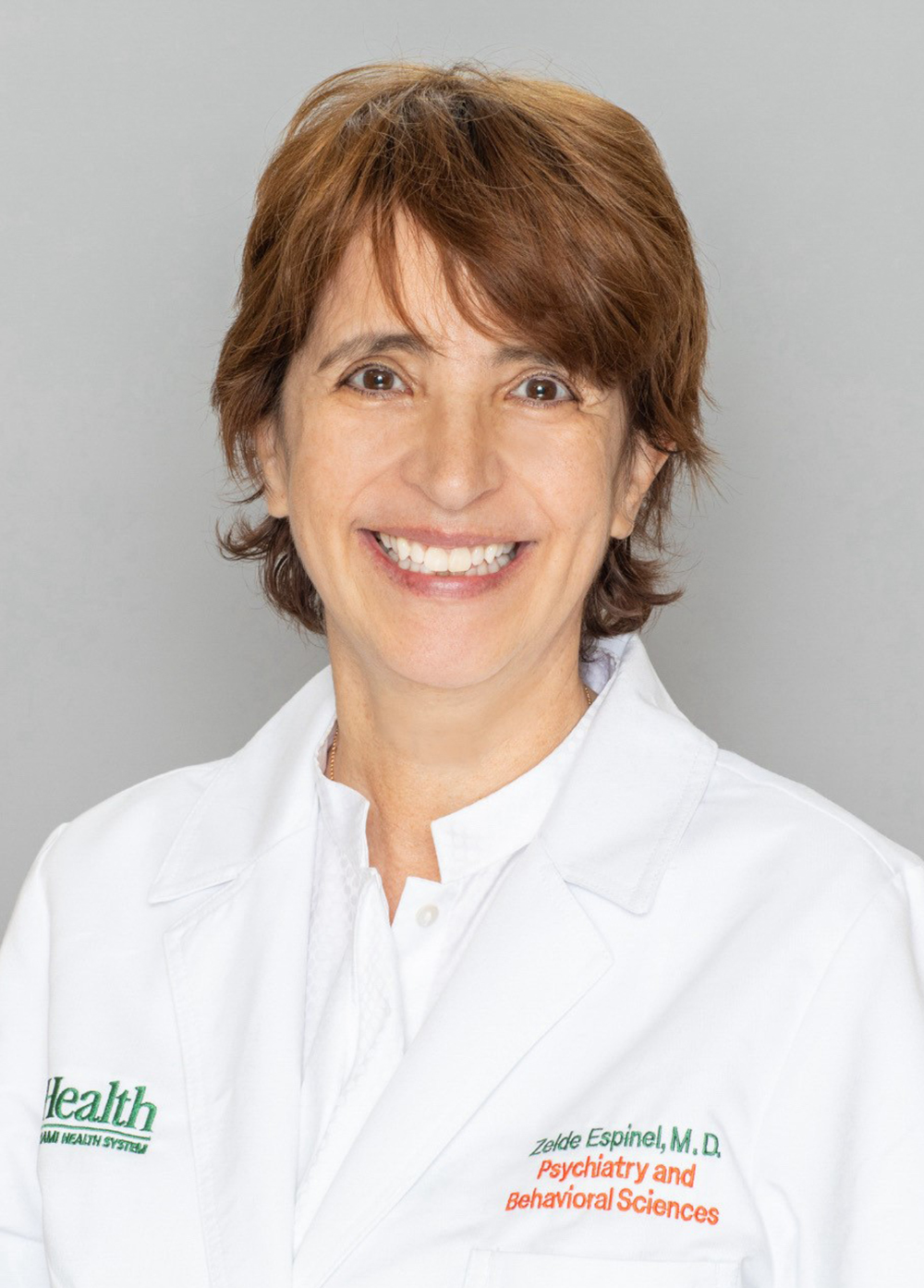 |
Zelde Espinal, MD
|
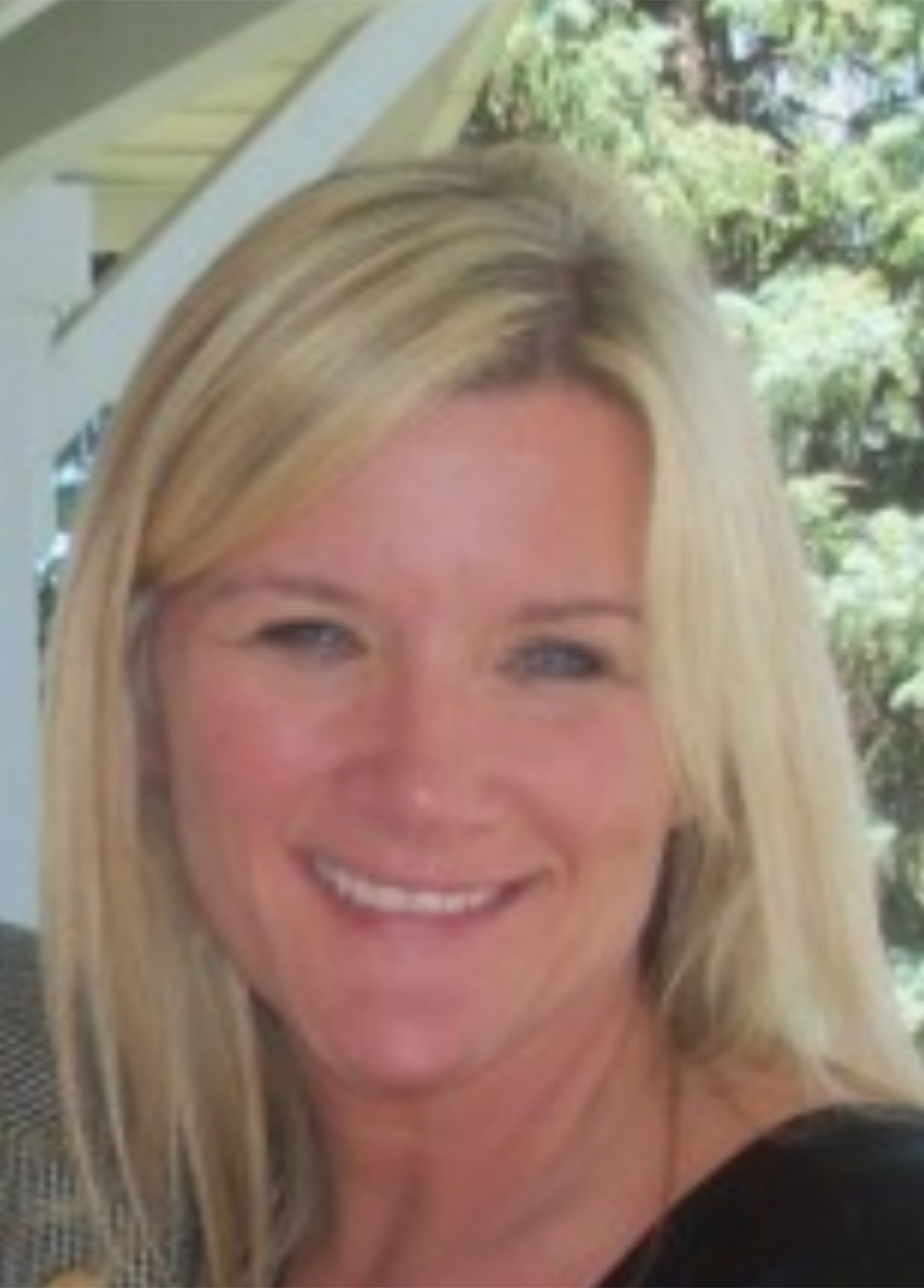 |
Theresa Gaser, MSSA, LISW-S, LCSW
|
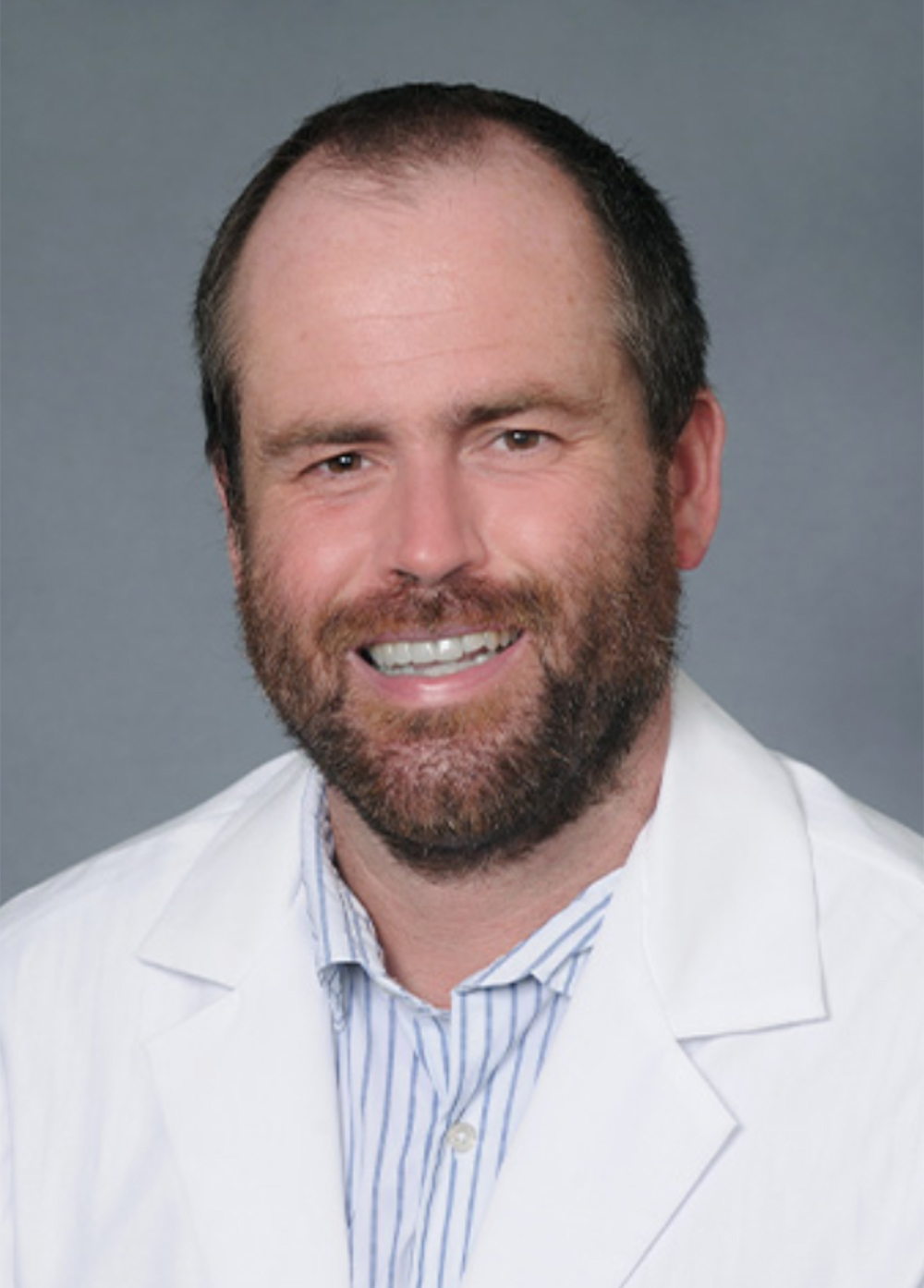 |
Daniel Maass, MD
|
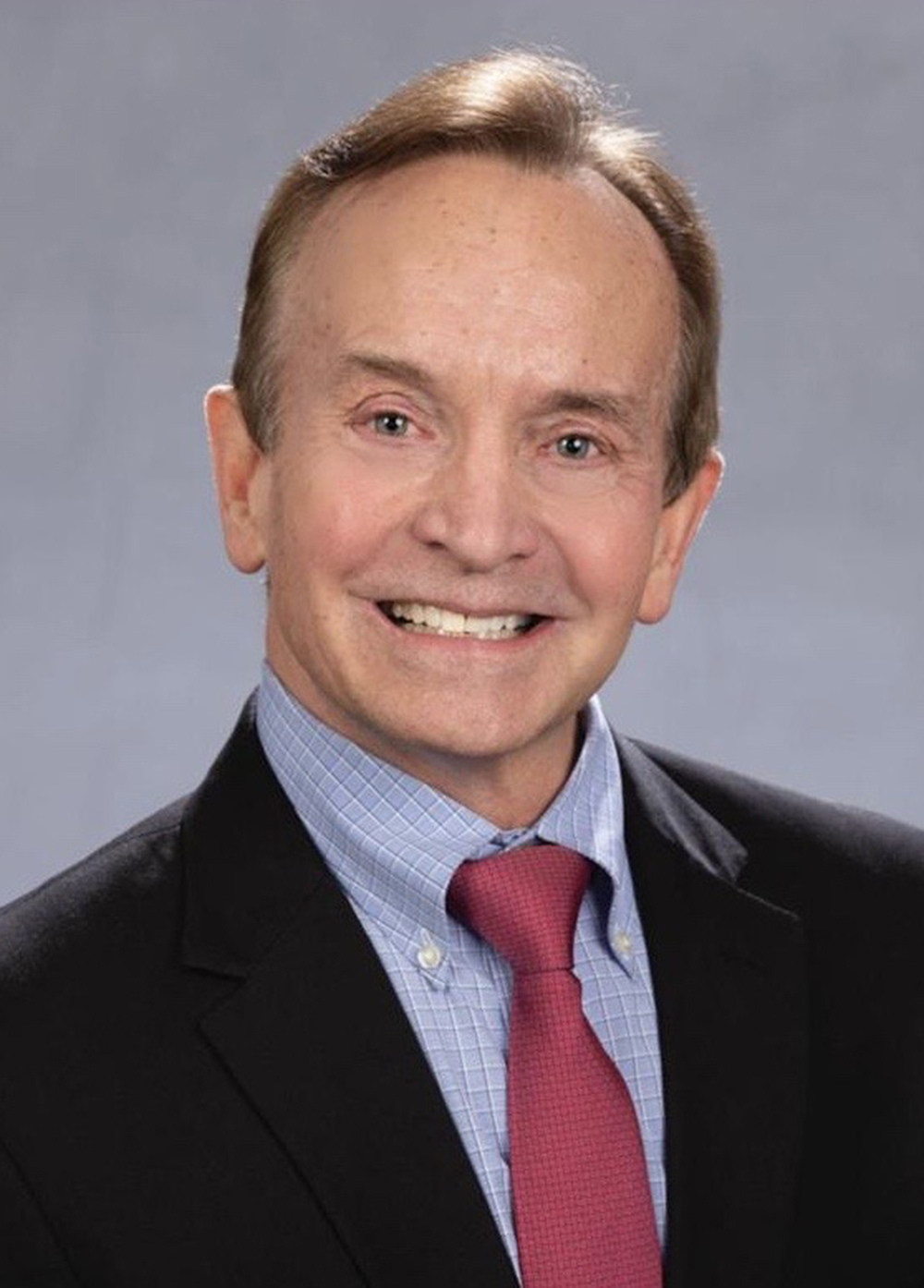 |
James M. Shultz MS, PhD
|
The Grand Beach Hotel Miami Beach, Florida, is in an amazing location overlooking more than 200 feet of beautiful white sandy tropical beaches on the Atlantic Ocean. Built-in 2009 and completely renovated in 2018, our modern Miami Hotel offers the highest levels of luxury and comfort. Our leisure facilities include two hot tubs, a state-of-the-art gym with unbeatable panoramic sunset views, as well as three different swimming pools, including two beach-level family pools and our top-floor tranquility pool (adults only), offering something for every guest.



Miami Grand Beach Hotel, 4835 Collins Avenue, Miami Beach, FL 33140
To reserve your hotel room, click: https://tinyurl.com/3a5ca6wh
Group Code: 2402DPBS
Or call 305.534.8666 EXT: 4520 and mention you are with the University of Miami Miller School of Medicine Winter Seminars. You can also email Alessandra Cammarata at acammarata@grandbeachhotel.com.
INQUIRIES
Please email Kim Miele at psychcme@med.miami.edu or call 941.932.2671, 10 a.m.– 4 p.m. (EST) Monday-Friday.
THINGS TO DO IN MIAMI
| Everglades |
Golf Courses
| PGA National Resort |
Tennis Courts
| Flamingo Park |
Restaurants
| Nobu Miami |
Misc Fun Things to Do
| Little Havana Food Tour
Frost Science Museum and Aquarium |
